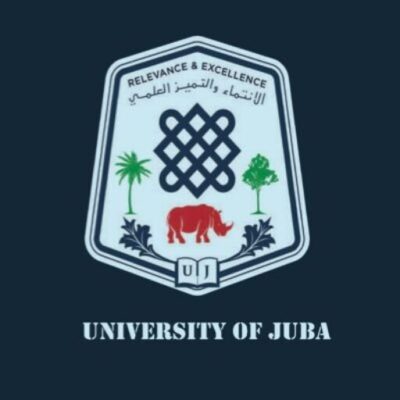Republic of South Sudan gained her independence from the Sudan on 9th July 2011. While it was established in 1975, the University of Juba has comprehensively transformed into a regional university and moving into a full world class status in few years ahead. With this transformation, critical areas of studies have been added into the University curriculum. These areas of studies are imperative for the socio-economic and political development of South Sudan. From 2015, the university has established new schools such School of Public Service, School of Land Management, Urban & Regional Planning, School of Petroleum & Minerals, School of Mathematics, School of Tourism and Hospitality, School of Medical Laboratory, School of Nursing, School of Pharmacy, School of Public Health etc and upgraded Centers such as Centre for Peace and Development Studies (CPD) to Institute of Peace, Development and Security Studies (IPDSS) and new institutes such as National Transformative Leadership Institute (NTLI) and Institute of Water Studies (IWS). Moreover, the University rebranded majority of the Colleges into Schools to equate with the global transformation of the Universities. With all that radical transformation, a very important area of studies and critical to South Sudan socio-economic and political development is the Japanese Studies which is very relevant and timely today. Beginning as JICA Chair on the Memorandum of Understanding (MOU) between University of Juba and Japanese International Cooperation Agency (JICA), South Sudan on 17th December 2021, the Institute of Japanese Studies (IJAS) will be game changer in South Sudan.




